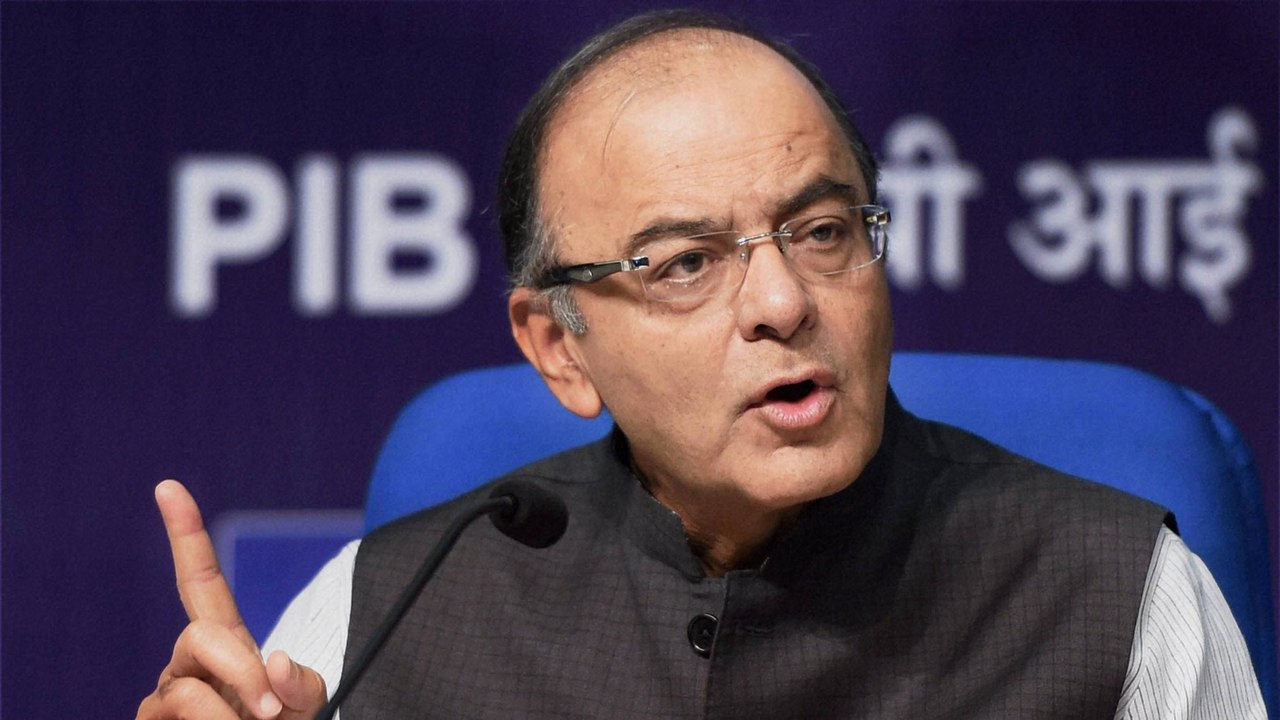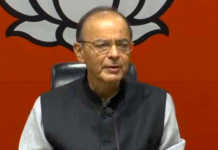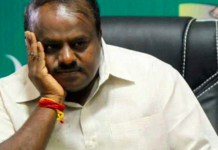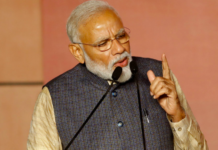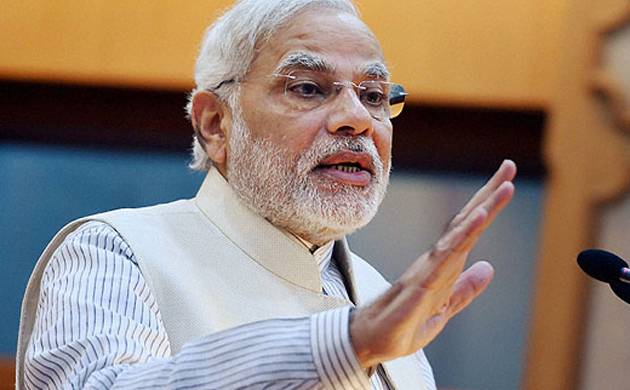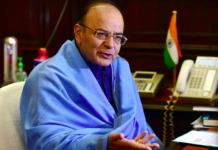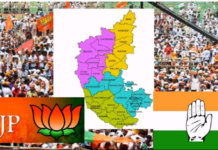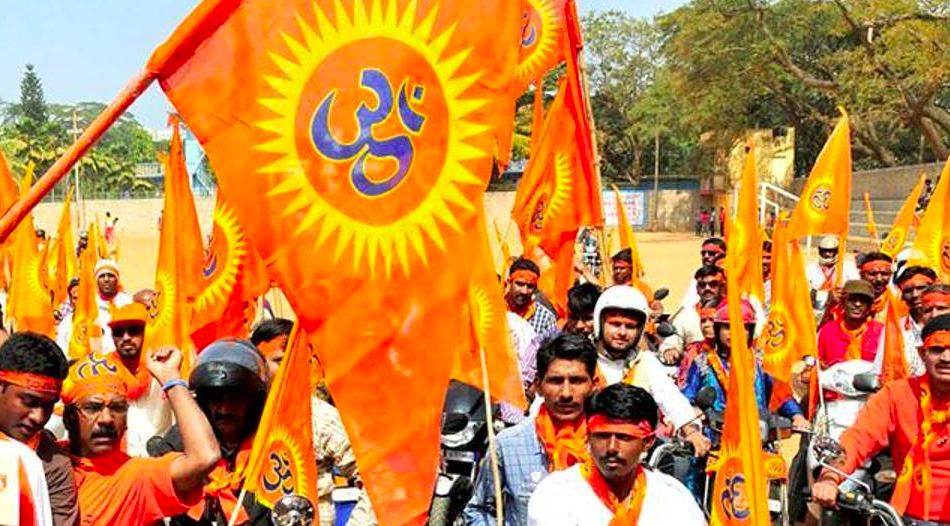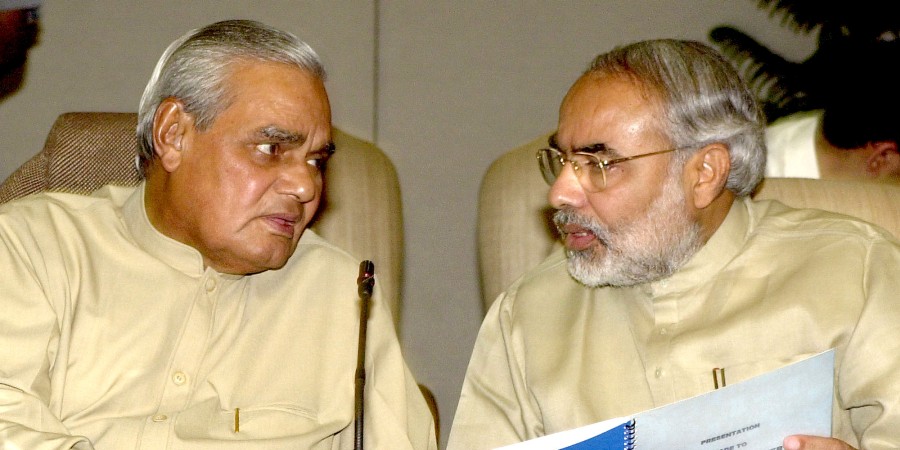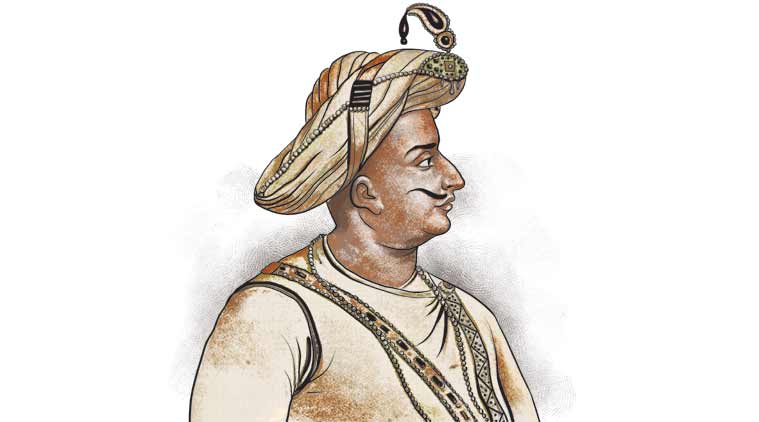Over seven decades ago, the Parliament sat in a midnight session to proclaim independence. Tonight, there will be another such sitting to proclaim GST and the freedom from tyranny of multi-level tax system.
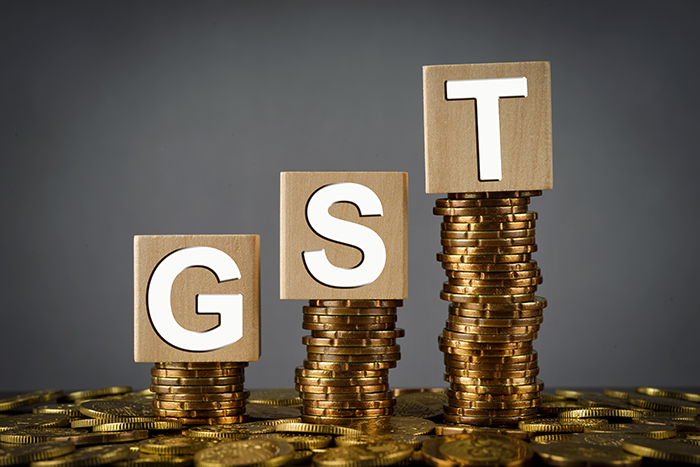
Over seven decades ago, India’s then Prime Minister Jawaharlal Nehru addressed a special session of Parliament at midnight to proclaim independence. He had said: Long years ago we made a tryst with destiny, and now that time comes when we shall redeem our pledge, not wholly or in full measure, but very substantially. At the stroke of the midnight hour, when the world sleeps, India will awake to life and freedom.
Well, this will have to be Modi-fied when the present truncated Parliament sits in session to usher in the Goods and Services Tax or the GST. The Modi-fied version would read:
Few years ago we made a tryst with GST, and now that time comes when we shall redeem our pledge, not wholly or in full measure, but with a substantially watered down version. At the stroke of the midnight hour, when the world sleeps, India will awake to GST and confusion.
 Experts agree that there would be teething problem as GST kicks in. Moreover, the gains due to GST are not going to be substantially high as the present version of the bill has been badly mauled and watered down by the Opposition.
Experts agree that there would be teething problem as GST kicks in. Moreover, the gains due to GST are not going to be substantially high as the present version of the bill has been badly mauled and watered down by the Opposition.
Finance Minister Arun Jaitley had tried to stitch up a consensus on GST, but had to pay a price in the process. The original GST got distorted in many areas.
The real benefit to the economy will be seen only in about 10 years. And like the demonetisation, there will be lot of confusion and heartburns as traders shift to the new indirect tax system.
GST will be launched at a grand programme at the Central Hall of Parliament in the presence of President Pranab Mukherjee, Prime Minister Narendra Modi, Vice President Hamid Ansari and Finance Minister Arun Jaitley. Except for the JD(U), all other Opposition parties are boycotting the historic session though the bill was first piloted by the Congress.
The GST is an umbrella tax that will collapse a string of taxes into one consolidated tax. Experts say the tax which a customer will pay will only be levied on the final item he purchases.
Since Independence, India has had a notorious and highly fragmented tax system with a numerous taxes like octroi, service tax, VAT, etc . These taxes kicked in at every stage of the trade chain – from production to sale. This meant that there would be a tax upon tax which resulted in prices going up and knocking off a few rupees from the end consumer’s purse.
Another problem was that each state had its own taxes. This will come to an end with the GST.
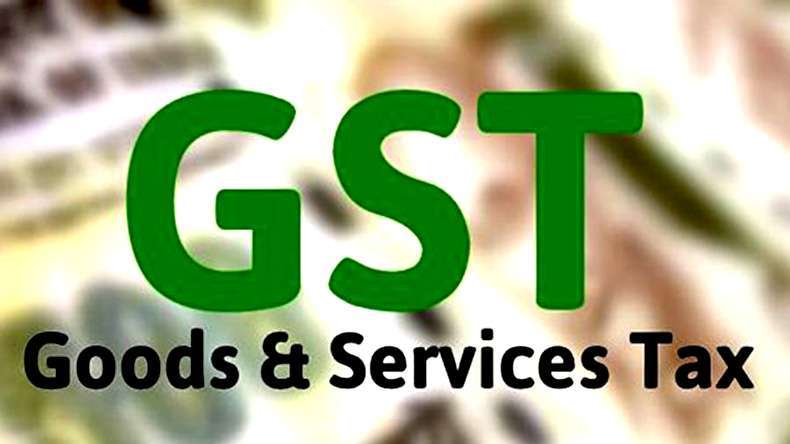 GST will be a four-tiered tax system with applicable tax slabs of 5 per cent, 12 per cent, 18 per cent and 28 per cent.
GST will be a four-tiered tax system with applicable tax slabs of 5 per cent, 12 per cent, 18 per cent and 28 per cent.
Let us look at the chain. The taxes paid by a manufacturer while purchasing raw material or services before production, are known as input taxes. The tax collected during the final sale of the product or the service will be the output tax. Input tax credit will be the difference in output tax and input tax. The trader can file for a claim on this.
Under the new system, the Goods and Services Tax Network (GSTN) will allot specific numbers to all traders and manufacturers registering themselves with the system. Like the PAN, these numbers will help the government keep a tab on these traders and the tax returns they file. This will make tax evasion difficult.
The bottomline is whether GST will be beneficial or not to the consumer. This, many say, will be known only when the transition is complete. But many say that GST should bring down prices of most items because it gets rid of the cascading ‘tax-on-tax’ effect.
Essential items like fruits, vegetables, milk, eggs, paneer, newspapers, contraceptives, etc are exempt from GST






























